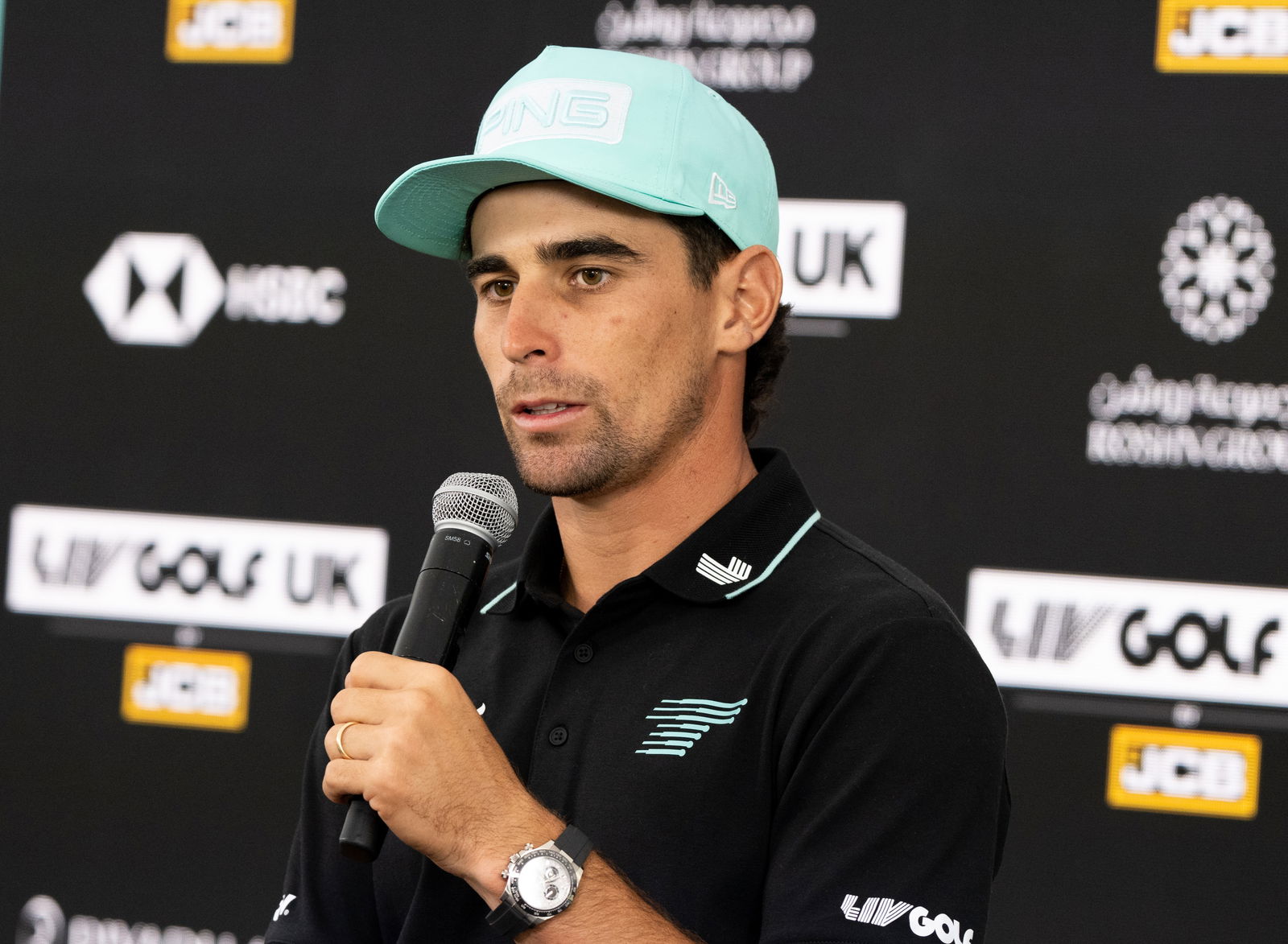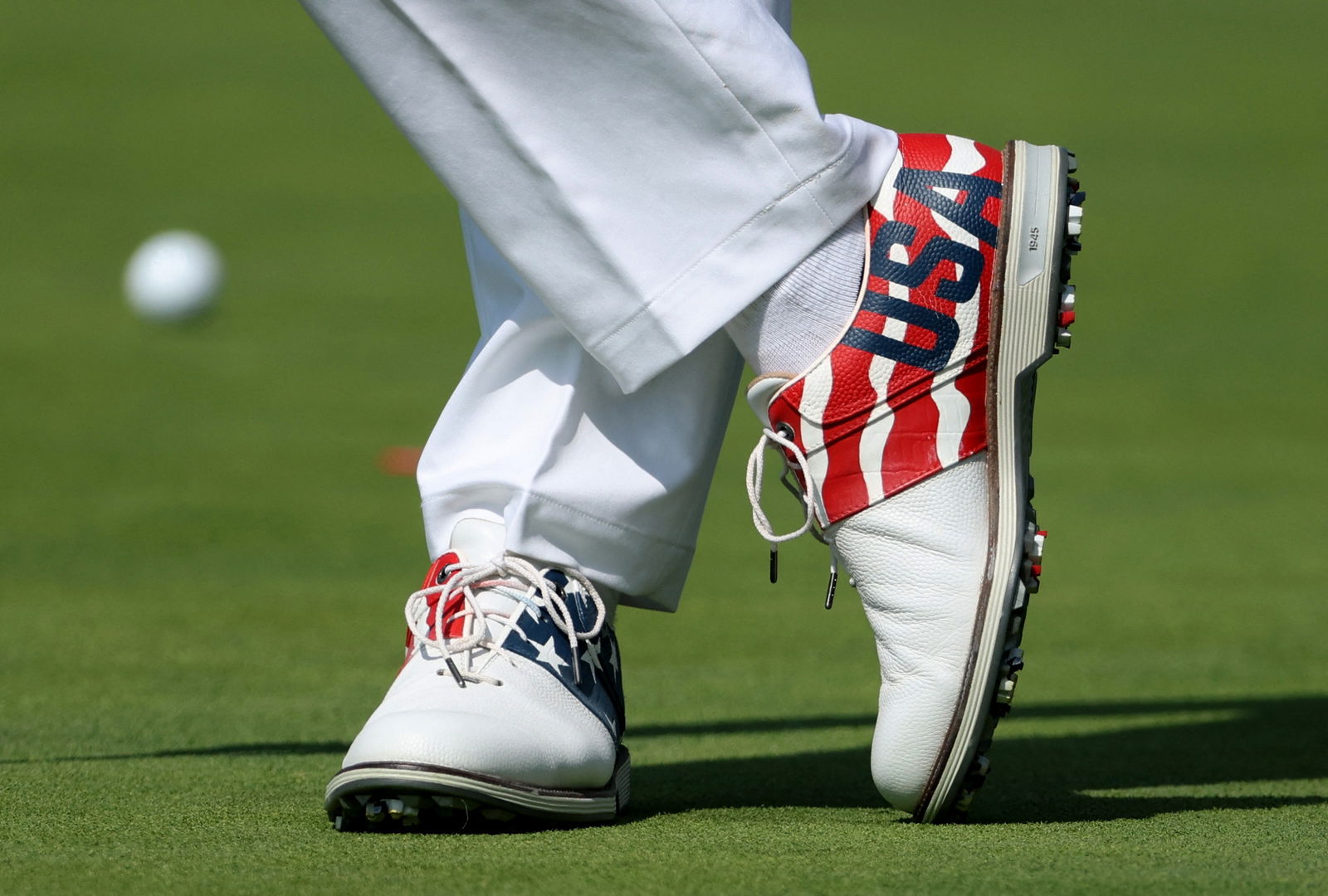Report: LIV Golf's UK entity records staggering $1 billion loss since inception
The Financial Times has reported LIV Golf UK's entity lost nearly $500m in 2024, taking losses to more than $1 billion since starting out in 2022.

LIV Golf is burning through cash like a sand wedge in a bunker.
According to the Financial Times, the Saudi-backed rebel golf tour’s UK arm racked up a staggering $461.8 million loss in 2024, new accounts reveal – pushing its total red ink since launch in 2022 to more than $1 billion.
The breakaway LIV Golf League, bankrolled by Saudi Arabia’s $925 billion Public Investment Fund (PIF), has leaned heavily on its mega-rich backers to keep the dream alive.
Without them, auditors admit the UK business could face a serious fight just to survive.
And that’s just the UK books.
The losses don’t even include LIV’s big-spending US operations, meaning the true bill for the Saudis is even higher.
🚨📉💰#NEW — The @FinancialTimes reports that LIV Golf’s UK entity lost $461M in 2024, $395M in 2023 and $243M in the 18 months to the end of 2022, totalling over $1B in losses since inception, according to accounts filed at UK Companies House this week.
— NUCLR GOLF (@NUCLRGOLF) October 2, 2025
LIV Golf’s UK revenue… pic.twitter.com/3FQLk5smTb
"Saudi-owned LIV Golf Ltd’s net losses swelled to $461.8 million in 2024 from $395 million in 2023 and $243 million in the 18 months to the end of 2022, according to accounts filed at UK Companies House this week," confirms a new report in the Financial Times.
"The accounts flagged that there was a “material uncertainty” that might cast significant doubt over the LIV UK entity’s ability to continue as a going concern.
"However, the directors report cites a commitment from the Public Investment Fund of Saudi Arabia (PIF) that would give LIV UK access to the finance required to meet its liabilities.
"The latest figures mean that the UK entity has lost more than $1.1 billion since it was established in 2021.
"It has raised slightly less than that through share issuances over the years.
"The PIF has provided a letter of financial support to the UK entity, according to the directors’ report."
Related:
Despite the jaw-dropping cash burn, LIV continues to flex its financial muscles.
Its parent company, LIV Golf Investments Ltd, has raised close to $5 billion through share sales.
That war chest has been spent staging flashy tournaments across the globe – from Riyadh to Hong Kong, Australia to Britain – and poaching some of golf’s biggest names in the procress such as Jon Rahm, Bryson DeChambeau, Joaquin Niemann, Phil Mickelson, Brooks Koepka, Dustin Johnson, Tyrrell Hatton, Cameron Smith and Sergio Garcia.

The Saudi sovereign wealth fund’s governor, Yasir Al-Rumayyan – a confidant of Crown Prince Mohammed bin Salman and a self-confessed golf nut – remains LIV’s biggest cheerleader.
The 2025 LIV Golf League season brought its first big change in hierachy with Greg Norman replaced at the helm by new CEO Scott O’Neil, a man who has wasted no time signing fresh sponsorship deals with Fox Sports, HSBC, Salesforce and a raft of tourism boards keen to be part of the circus.
Earlier this season it came to light that there will no longer be huge upfront payments for new players joining the league from the PGA Tour and DP World Tour.
So gone are the days of Johnson and Mickelson being snapped up for $200m, or Rahm for an even bigger $300m record fee.
New signings, which we have been informed are very much in the works at the moment, will therefore have to dig it out the dirt if they want to be paid the big bucks on LIV Golf.
But after hearing the latest losses at LIV Golf, it's very easy to see why such cutbacks are having to be made by those at PIF.

LIV’s audacious entry in 2021 triggered a bitter turf war with the PGA Tour, sparking lawsuits, defections and a civil war in the sport.
A truce was brokered in 2023 when PIF agreed to pump money into a new joint venture with the PGA – but that deal remains stuck in limbo after US investors led by Liverpool and Boston Red Sox owner John Henry swooped in with a rival bid valuing the PGA Tour at $12bn.
For now, LIV’s future remains a money pit propped up by the Saudis’ endless oil wealth.
But with losses spiralling, the billion-dollar question is: how long will the Saudis keep footing the bill for golf’s most expensive gamble?








